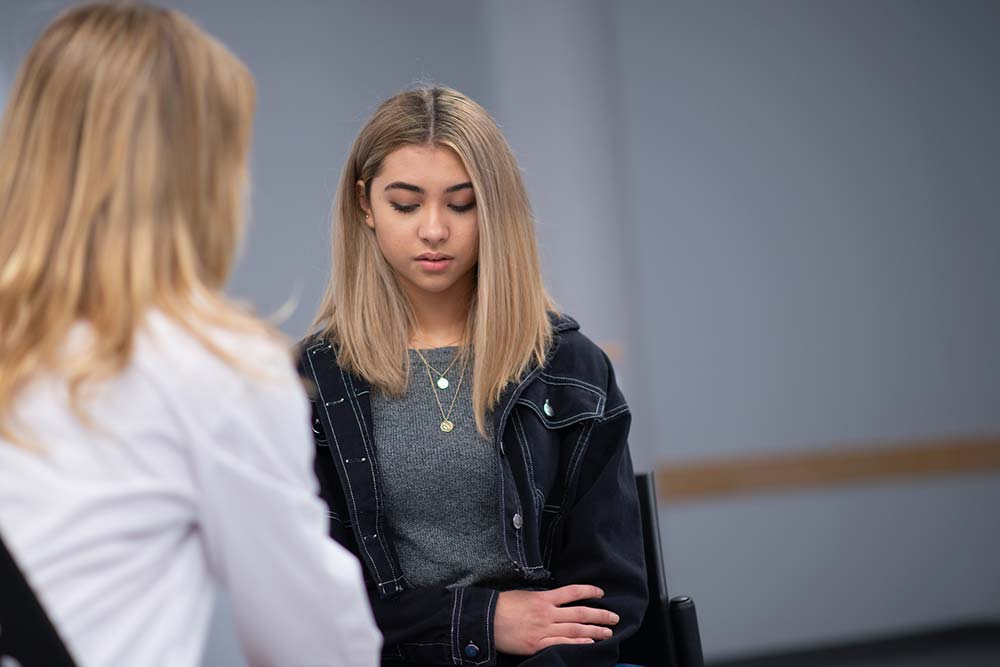Depression
Depression is a clinical condition characterized by sadness, fatigue, and hopelessness.
Depression: What You Need to Know
While everyone experiences periods of sadness, clinical depression consists of pervasive sadness and hopelessness that does not seem to lift. A significant loss of interest in previously enjoyed activities, a defeatist attitude, and even suicidal ideation can be hallmarks of severe depression. The onset of depression may coincide with an experience of trauma, major hormonal shifts or deficiencies, significant stress, the effects of certain medications, other mental health conditions, or substance use. It can be hard to pinpoint an exact cause, but genetic, biological, and environmental factors can all influence the development of clinical depression.

Effects of Depression
Depression is a serious illness that results from a chemical imbalance in the body and brain. If left untreated, it can be debilitating and life-disrupting, affecting one’s physical health, social activity, relationships, and ability to keep a job. Depressed individuals may become prone to isolating themselves, increasing the risk of self-harm or even suicide.
Here are some symptoms of depression, according to the National Institute of Mental Health:
- Persistent sadness
- Feeling empty, hopeless, or pessimistic about life
- Feeling guilt, worthlessness, or helplessness
- Loss of interest in previously enjoyed activities
- Fatigue and decreased energy
- Problems concentrating or making decisions
- Disturbance in sleeping pattern, such as restlessness or oversleeping
- Changes in appetite or weight
- Suicidal ideation
- Irritability
- Headaches, digestive issues, or muscle aches that have no discernable physical cause and are not helped by treatment
Featured Articles
Has it Become Popular to be Depressed?
The fight for mental health awareness has been a long one, and talking about mental health openly is one of the best ways to raise awareness. Unfortunately, one of the dangers of social media is that awareness can easily turn to glamorization. With all this talk of mental health online, it seems reasonable to ask, Has it become popular to be depressed?
Learn More5 Ways to Respond to Depression
Depression has done nothing but rear its ugly head more than usual during the last year. It makes perfect sense, too. Most of us are scared, disconnected, and worried about the health of loved ones and ourselves.
Learn MorePutting Social Media in its Place
Social media. It’s hard to imagine that there was ever a time when it didn’t pervade almost every aspect of our lives. Personal, professional and everything in between, social media is here to stay, so we’d better find a way to live with it. The question is, how do we master our use of social media, rather than letting it master us?
Learn MoreAdmissions
Our experienced, compassionate Admissions team is here to help 24 hours a day and will treat you with the dignity and respect you deserve. Let our specialists help you create a road map to get you where you want to go: a healthier, more balanced, fulfilling place in life. When you call, you’ll be led through a series of questions to determine if the Claudia Black Young Adult Center is the right fit for your needs, and how soon your treatment can begin.
If you are interested in treatment for yourself or a loved one, call or fill out our convenient Admissions form!
CONTACT OUR ADMISSIONS OFFICE
 866-957-4961
866-957-4961
OR COMPLETE AN ADMISSIONS CONTACT FORM
Click below to start the admissions process today

